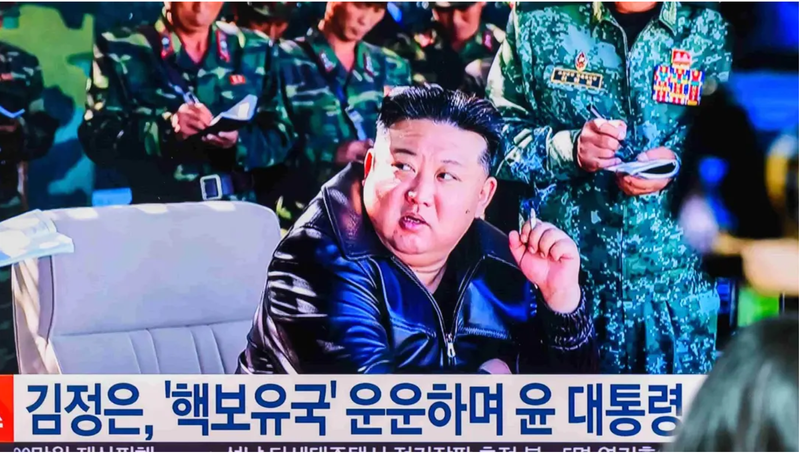German Voters Deal a Blow to Scholz's Coalition in Bavaria and Hesse Elections
Voters delivered a blow to Germany's federal coalition government of the Social Democratic Chancellor Olaf Scholz on Sunday, punishing the three ruling parties and turning to the right in state elections in Bavaria and Hesse....

0:00
/1861
Facts
- Voters delivered a blow to Germany's federal coalition government of the Social Democratic Chancellor Olaf Scholz on Sunday, punishing the three ruling parties and turning to the right in state elections in Bavaria and Hesse.1
- Provisional results show that Bavaria State Premier Markus Söder's center-right, conservative Christian Social Union (CSU) — which runs for elections solely in the southern state — placed first, receiving 37% of the votes. Right-leaning Free Voters and the right-wing populist Alternative for Germany (AfD) came in second and third, respectively, combined winning about 30% of the state vote.2
- Meanwhile, Hesse Prime Minister Boris Rhein's Christian Democratic Union — the CSU's sister party that has governed the state since 1999 — won 34.6% of the votes, gaining more than seven points compared to the 2018 elections, and the AfD achieved its best-ever result in any western state, with 18.4%.3
- All parties in Scholz's federal coalition — his Social Democrats (SPD), the Greens, and the pro-market Free Democrats (FDP) — did worse than five years ago in both states, which are home to Munich and Frankfurt and together account for roughly a quarter of the country's population.4
- The SPD reportedly received the worst results since World War II, reaching 15% in Hesse and 8% in Bavaria, while the FDP failed to cross the five-percent threshold in Bavaria — losing its seats in the state parliament.5
- With the debate dominated by issues that were primarily national in scope — with conservative and right-wing factions both criticizing Scholz's immigration and energy policies — Sunday's elections were the first in a series of key regional German elections over the next two years in the run-up to the nation-wide parliamentary vote in 2025.6
Sources: 1New York Times, 2Dw.com, 3Europeanconservative, 4Guardian, 5Www.euractiv.com and 6BBC News.
Narratives
- Left narrative, as provided by Washington Post. Despite radical positions usually tending to repel voters, Germany has seen the dangerous rise of the right-wing illiberal AfD at a faster pace than most countries in Europe. Results from Sunday's state elections in Bavaria and Hesse show that ignoring the dangerous far-right party is a failed strategy. Unless German politicians succeed in finding the right message to neutralize AfD, Europe's stability may be endangered.
- Right narrative, as provided by Unherd. The claim that the AfD was merely an East Germany phenomenon is dead for good, as it has drained voters from all parties in Bavaria and Hesse. Given the unbalanced political offering in Germany since the conservative CDU/CSU shifted toward the center, it's easy to understand why anti-establishment right-wing parties are gaining ground amid a crisis of trust in established parties.






